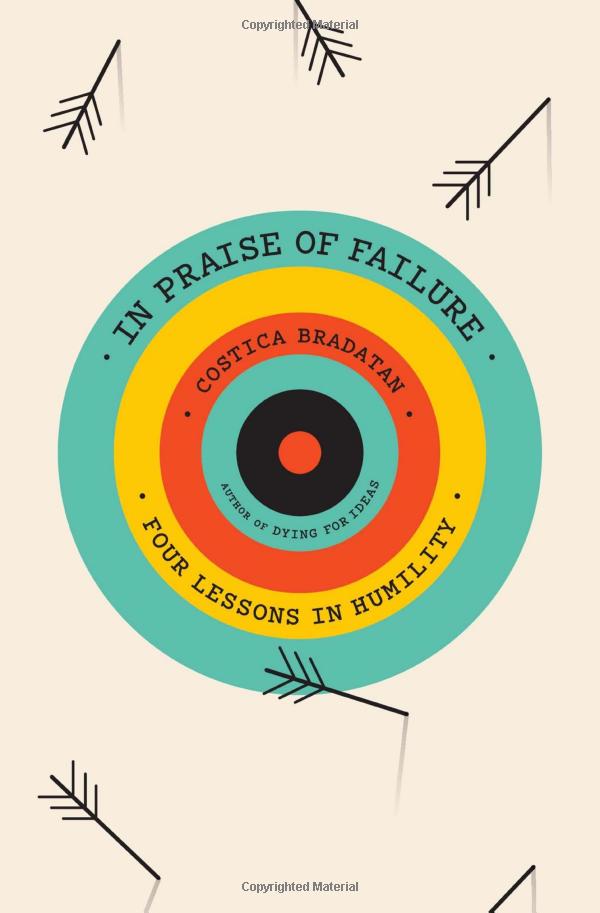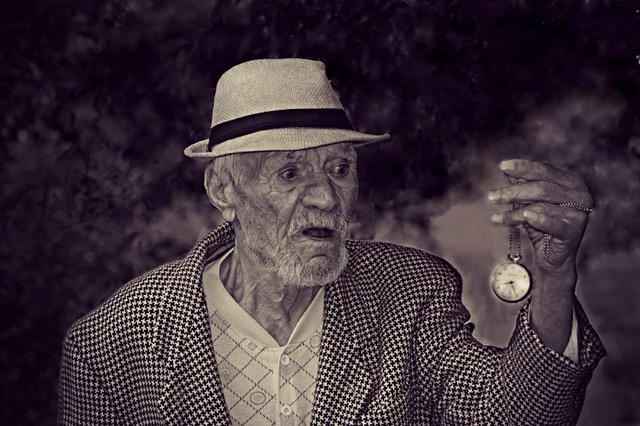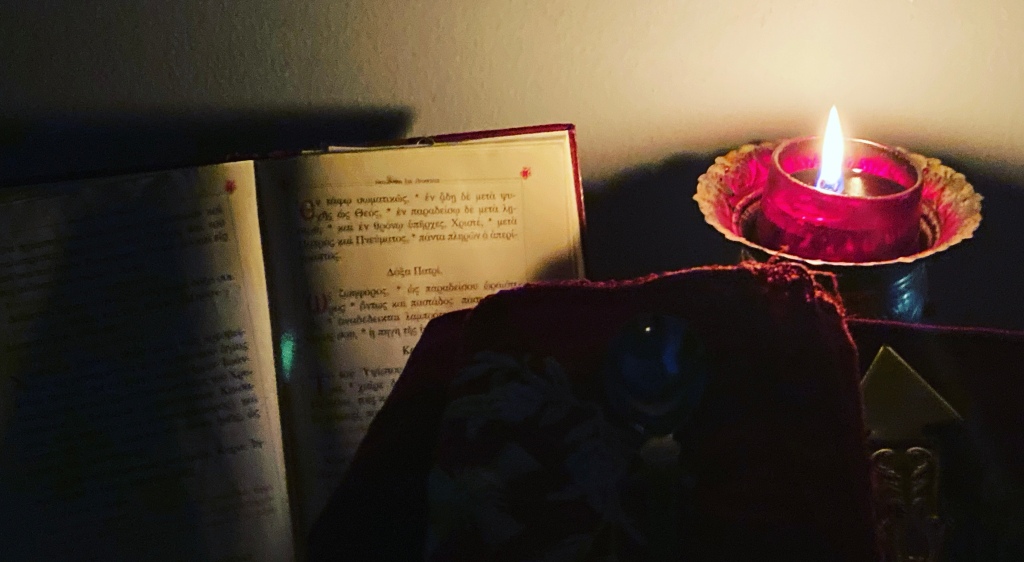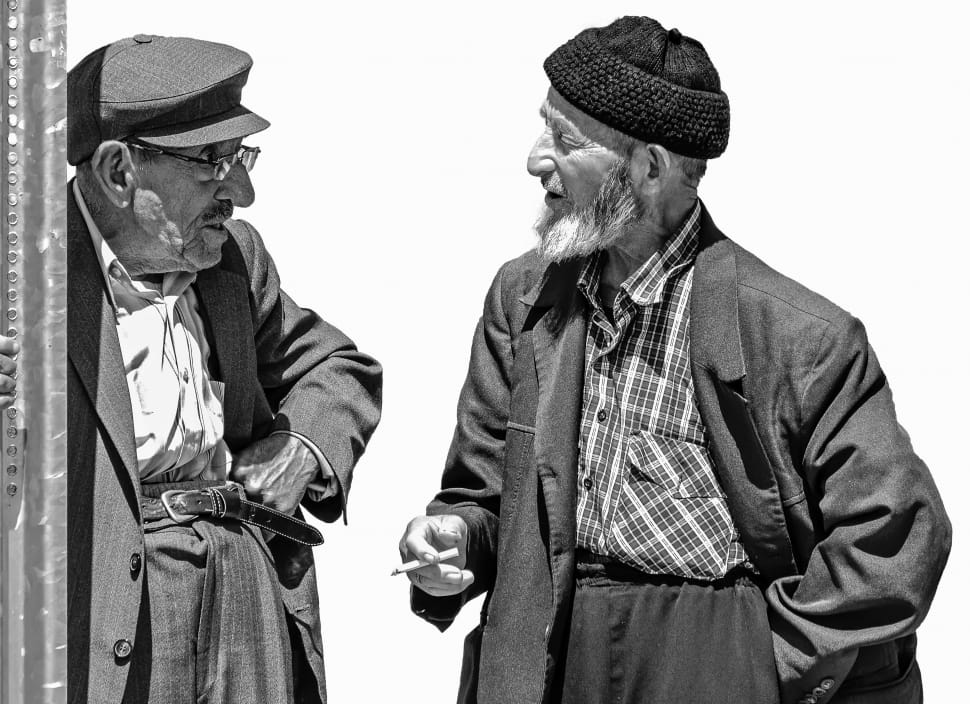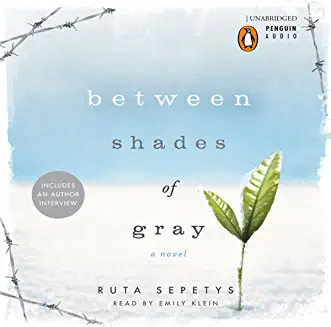This is my talk at the conference honoring a beloved Northwestern University professor, Gary Saul Morson. The conference was organized by the Northwestern University Research Initiative in Russian Philosophy, Literature, and Religious Thought. Here’s also the Forum of the Initiative.
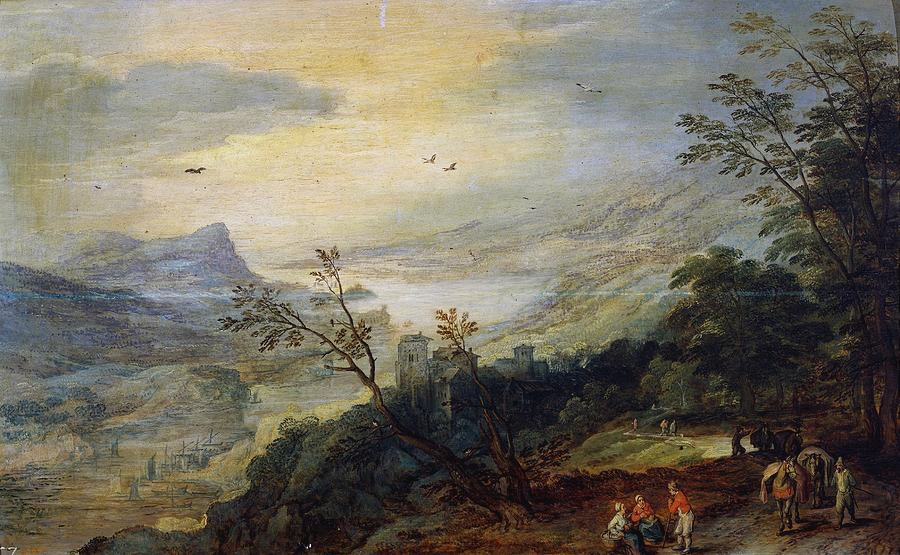
You will not hear professor Saul Morson’s name much in this talk. But I hope you will hear something else. In some sense, I hope the talk is an performance of the idea suggested in this paper: it is the expression of what grew from what professor Morson’s thought seeded in me. His work is part of a constellation to which all of you belong. In this sense his work gives you orientation toward beauty, but it also gives you freedom: so here’s the expression of this freedom with orientation.
It is often said that Aristotle is the champion of individuals who, contrary to his teacher, Plato, descended from the world of abstract ideas to the essences that belong to sublunary things. Aristotle remains a scientist, and his interest in individuals is determined by his desire to understand them as members of their species. In other words, he wants to understand what is that which makes them the kind of things that they are. This scientific approach never changes, regardless of whether he studies the life of plants and animals, the souls of various species, or the characters of tragedies. Oedipus, for example, is interesting for him because he exemplifies a type of character: “a man not preeminently virtuous and just, whose misfortune, however, is brought upon him not by vice and depravity but by some fault, of the number of those in the enjoyment of great reputation and prosperity.”[1] For a spectator who enjoys Sophocles’ Oedipus Tyrannus, Oedipus is interesting because of the particular attributes he has and because of this odd destiny in which he marries his mother and kills his father. However, this particularity is achieved only because he belongs to a type of character, and scholars of tragedies, like Aristotle, find interest in studying this typology. In other words, Oedipus is a great hero because he perfectly exemplifies the type to which he belongs. His clear determinations as a type of character allow him to be a hero.
In this Aristotelian framework, Dostoevsky’s question in the first paragraph of his The Karamazov Brothers comes naturally:“Why would I, the reader, spend my time studying the history of his life?”[2] Dostoevsky speaks of Alyosha, his book’s “hero”: a hero who has nothing remarkable about him, the author claims. Most of all, he is “of indeterminate character, whose mission is undefined.”[3] The lack of determinations is the first sign that Alyosha is not truly an individual character in an Aristotelian sense. If he were, he would be understood according to the type to which he belongs. Dostoevsky claims, however, that he belongs to no type: he is of indeterminate character. This also means that one cannot have a typological knowledge of Alyosha: no one can say what he is, that is, define him according to a type. Of course, we may be able to describe him and thus claim, together with Dostoevsky, that he is an eccentric, but this is not because he belongs to a species, that of eccentric people. It is his lack of belonging to his era that makes him so. He is a man and he is a Karamazov, but this does not distinguish him from any other man, first, and from any other member of his Karamazov family. After all, he is not distinguishable from anyone else, since we are all Karamazovs, insects overtaken by Sodom while we are aglow with the beauty of the Madonna. His lack of determinations makes him unknowable: he is a man like anybody else, and this is hardly the matter of heroes.
I mentioned Oedipus above because he is the kind of character who is usually placed into categories. People who read Sophocles’ play form not a personal relationship with Oedipus, but rather learn from his life. If indeed the tragedians were considered the genuine teachers of virtue, as Martha Nussbaum says, [4] the Greeks went to the theater to learn something about how to act in life. Perhaps their attitudes toward this character differed according to their interpretations, just as the attitudes of readers and spectators change depending on their times throughout centuries, but the approach is the same: we deal with a category as it is exemplified in a person. Dostoevsky’s readers cannot claim that Alyosha belongs to a type. He has no character, so it is difficult to know how to approach him, just as we don’t know how to approach the unknown. However, each one of us will decide about his “quality” in our encounter with him. “Perhaps you’ll find for yourself from the novel,”[5] Dostoevsky says. He points here to a different kind of relationship a reader can have with a character. A reader no longer observes the development of an individual life that exemplifies a type, but he or she has a personal relationship with this character, one in which the character comes to life in the hearts of all of his readers.
We have a different type of knowledge here, which does not depend on the typological features a hero has. Instead, the reader can have knowledge of Alyosha by entering into a special relationship with him. Nobody can be silent with Alyosha. Some may want to destroy him, as Rakitin does.[6] Others may perceive in him their only chance of redemption, as his father does.[7] In fact, it is particularly telling that Dostoevsky brings one other element in his introduction about his non-character: his own book, The Karamazov Brothers, even if it is about an indeterminate hero (or perhaps precisely because it is about an indeterminate hero) is merely the first volume of a larger project. “I have one life story and two novels. The second novel is the main one; this concerns my hero’s actions right up to the present time.”[8] Dostoevsky did not write a second volume. He mentions it only once in his other writings,[9] and he also comes back to this in The Karamazov Brothers.[10] I think Dostoevsky cannot write a book in which Alyosha is a determinate hero because that would transform Alyosha into a type: it may define it. But Alyosha haunts us, just as Dostoevsky’s book does. This is so because the second book, while it is Dostoevsky’s, is not only his: it is the volume that comes to be in his readers’ hearts, which takes place every moment, “right up to the present time.” It so happens when someone dwells in your heart: the relationship you have with him is renewed at every instance.
Dostoevsky’s own book becomes like a person, one that gives birth in its readers to the new volume of The Karamazov Brothers, that which will live in their lives as long as they truly approach it. Of course, “nobody is under any obligation,”[11] as he says. Some will get nothing out of it, even if they will read everything, “so as to not commit any error of judgment.”[12] But they will not get it because they will make the same error that people do when they approach a person trying to know her according to categories. In fact, for them there is no second volume: the book cannot give birth to anything, but it can only be consumed, just as an individual can be used for whatever his function may be.
Dostoevsky’s note to the readers brings an ambiguity about the connection one has with a character. On the one hand, he is a nobody, indefinable. On the other hand, he is special. The lack of definition in these first pages keeps Alyosha a person, and I propose that Dostoevsky does this on purpose. If Alyosha were defined, he would have to be described according to categories: he lives in a monastery, for example. However, his life in the convent is not yet decided either, since he is only a brother, not yet a monk, and thus has a status that can change at any moment. Even later, in the chapter that presumably describes Alyosha, the author is at pain to say anything him. He is “the most difficult of all to speak about in this story.”[13] To describe him, Dostoevsky applies a different method: he shows what happens in those who interact with Alyosha, while also emphasizing that which lives in Alyosha’s heart: he has an early memory of his mother. It is the kind of memory that “will continue erupting throughout one’s life like points of light in the darkness.”[14] It is the kind of memory for which Alyosha hopes when he is surrounded by children at Ilyusha’s grave: “But still, no matter how wicked we become—which, God grant, we may never be—when we recall how we buried Ilyusha, how we loved him in these last days, and how we talked together by this stone with such closeness and affection, then even the cruelest and most cynical amongst us—if such there be—will not dare to mock the kindness and goodness of this moment! Moreover, that memory alone, perhaps, will restrain that person from some great wickedness…”[15] In Dostoevsky’s works, we see that our responsibility is to give birth to such moments in other people’s souls, and Alyosha does just that.
What is the difference between individuality and personhood? The short version is this: individuals are perceived as members of a category; persons are indefinable due to their uniqueness and are understood only in relationship. This is certainly an incomplete explanation, and, as Albert Einstein says when approaching the aims of mechanics, “I should load my conscience with grave sins against the sacred spirit of lucidity were I to formulate”[16] this distinction without detailed analysis. As he does, I shall try to partially expiate these sins here. If we use the principles of metaphysics, we determine a human’s essence, that which belongs to all human beings and which makes them the kind of things that they are. Doing so, we discover individuals that belong to a category and that participate in diversification or individuation by distinguishing from each other through various characteristics. These characteristics can also form types, as we can see in Aristotle’s masterful assessment of tragedies. Regardless of whether we are metaphysicians, we engage in this activity of categorizing others every day. At times, this activity is performed according to their essence; at other times, according to the various functions they perform or their physical and psychological characteristics that we find they share with others. Individuals are then people who belong to a larger group because of a common denomination. Any definition I apply to Alyosha as human being must also be applicable to all the other characters of the novel. We can then further bring new categories that separate him from them: he is a Russian, a brother at a monastery, and, most importantly, a Karamazov. Rakitin, the character who constantly applies categories to others in Dostoevsky’s novel, tells Alyosha, “Everything’s pretty clear.[17] It’s the same old story, my dear fellow. But if there’s a sensualist in you too, then what about your brother Ivan? He’s a Karamazov. The whole of the Karamazov family problem boils down to this: you’re sensualists, money-grubbers, and holy fools!”[18] A person, however, cannot be known in the same way. A person’s uniqueness brings her in the realm of the ineffable, and the methods of knowing her are different: one knows a person by partaking of her being and taking her into one’s soul. In some sense, it sounds like consumption and determinism. In a different sense, and this is what I want to discuss here, it is indeterminism with orientation. One way to clarify this is to consider time. Doing so, we’ll see that Dostoevsky reveals that a movement toward indetermination and freedom has, at the same time, orientation. The difference between individuality and personhood also appears in the concept of eternity. Philosophers perceive eternity unmoved—the unmoved mover of Aristotle. But Dumitru Staniloae says that eternity cannot be just an unmoved substance – this is death. Life is activity and movement. And so eternity itself, which is life, is also activity and movement. The one activity and movemet that we can understand as being part of divinity is love. And here is a quote from Staniloae: “The true meaning of eternity can be found only in the perfect communion which subsists between eternal Persons whose love is inexhaustible” (2). Persons are not immovable; in their interconnections, there is a constant and inexhaustible renewal of love.
So, if we do not understand eternity in a strictly philosophical fashion, as something unchangeable, but rather as something that goes beyond our notions of rest and change – and this is love itself – then we can see, Staniloae says, that time and eternity are compatible.
Time is not a sin against eternity. It is not as if we were in eternity, fell from it at the beginning of creation, and are waiting for our time to be received back in eternity. Time has not begun with the Fall, and in this sense it is not opposed to eternity. In fact, Fr. Staniloae says, the Eternity of God, Love between the Persons of the Trinity who are perfectly in union, carries time within itself.
How does eternity carry time within itself. Staniloae says that God enters into a relationship with temporal beings, with us, in our own reality of time, waiting for each of us to give a response. The communication is personal, so that we all have our own times. If God enters into a relationship with temporal beings is because all things begin with him and also end with him, and time is the response that we each need to enter, by grace, in communion with God.
Here’s a beautiful quote from Fr. Staniloae: “Love is the gift of oneself to another, and the waiting for the full return of that gift from the other in response […] The interval of waiting for the response is time. As such, time represents a spiritual distance between persons, while eternity is beyond all distance or separation” (3).
But I want to emphasize that time is a spiritual distance that has an orientation. So God offers to us his love, orienting us toward him, in proportion of our growth, so that through our slow response, we can rejoin him, by grace, in eternity.
The idea of orientation is important, and I will talk about it by mentioning prison and persecution. Fr. Staniloae was in communist prisons. When someone persecutes you, he gives you a different orientation; he arrests you in the sense that he redefines your world in connection with him only. It is what could happen to Alyosha when Rakitin redefines his world after Zosima dies. In terror, you are fully focused on the danger coming from your persecutor, and you exist only in his world. Under torture, it is difficult to think of God and of your love for your neighbor. Fr. Roman Braga, who was in a terrible prison in Pitesti, where friends were forced to torture their own friends, said that he encountered the devil in Pitesti, but God in solitary confinement. What comes to life in you in the presence of your enemy is nothingness—no connection. The enemy takes you away from any connection you have with others, so with love, because he places you on a pedestal. The enemy tells you that you belong to his world. YOU are the one who must be tortured. In this way, he gives you an orientation and a different kind of eternity, the eternity of separation and loss, in which there is no connection with anyone else.
So there are two types of eternity: one of love, and one of pain and suffering. In fact, Fr. Staniloae says that, and I quote, “time is like the distance between the two ends of a bridge. There is something ambiguous, uncertain about it. It is a state of movement in the direction either of death or fullness of life.” Death and fullness of life are not the two ends of the bridge. Both ends are in God, at the end of the journey on the bridge. You begin with God at the beginning of the bridge, you are given an orientation, but on this long journey of the bridge of life you are brought to the reality that the enemy forces you toward a different orientation. The enemy makes you focus on yourself because he makes you defend yourself. The enemy cancels your personhood. He restructures your cosmos, he gives you a definition, and it tells you that you can only exist on one level only, that of a victim. He makes you focus on yourself, and he cancels all personhood, and you remain alone. The danger is that, on this bridge of life, we end up in the constant refusal of love. Here’s Staniloae again: “A constant refusal to respond to the offer of love fixes the creature spiritually in the total impossibility of communication. Here there is no more waiting, no more hope, no more expectation” (10). It is a different type of eternity, one that has no time and no genuine eternity.
So death and fullness of life, both of them, are in God. Eternity is either that of death, because you are no longer able to love anymore, or the eternity of life, in your full response to Love.
It seems that time and eternity remind us that the highest challenge we have in life is the ability to respond to love, especially when things around us (because of torture of pleasure) encourage us to focus on ourselves. Life is an attempt to walk on the bridge of time, living in the hope that at the end we will experience what we have lived, in part, on the bridge as well: the eternity of God’s love. On the bridge, this is experienced in the gift that our lives become for the lives of others.
The love of a genuine person is a gift that offers orientation. The connection that Alyosha provides in his presence opens him up to others, but also opens the possibility of life in the kingdom for them. Their response to Alyosha is the creation of a new life within their souls. In some sense, I think this is how Gary Saul Morson’s sideshadowing works.
The gift that Alyosha’s life is in the souls of his brothers, but also in the souls of his readers, brings about freedom and responsibility. We do not know how much each of us embraces Alyosha. But we know the orientation that his love proposes. The memory he provides may prove to be our salvation one day. Perhaps we shall grow wicked, and we may not refrain from some evil action and mock the tears of others. But then we may remember our encounter with Alyosha and thank that we were wrong to mock.
I want to end with a poem, called “A Gift,” written by Valeriu Gafencu, imprisoned politically in communist Romania at the age of 21. He died in prison when he was 31 years old. This poem was written in prison and remembered by his colleagues who survived incarceration.
As a gift I send a lily,
Dear brother, from the garden.
It would give my eyes some comfort
With its pure, virginal garment.
Dear white, beloved flower,
How I’d wish that I could go
All embraced by your clean costume
To my Father, white as snow.
Seedling thus would I become,
In the most wonderful garden,
And my life would have as warden
Jesus’ love, from where I come.
In the night I cry all muffled
And I sigh with my faint voice:
Give to me the wedding garment
With white lilies: I rejoice.
Alyosha is such flower from the Garden who seeds in us the potentiality of the garden itself. The time we take to bring this seed to fruition is the time we spend with Alyosha.
[1] Aristotle, Poetics (1453a6-11).
[2] F. Dostoevsky, The Brothers Karamazov, (Oxford: Oxford University Press, 1994), p. 5.
[3] Ibidem.
[4] See Martha Nussbaum, The Fragility of Goodness: Luck and Ethics in Greek Tragedy and Philosophy (Cambridge: Cambridge University Press, 1986), p. 12. Nussbaum says, “Indeed, epic and tragic poets were widely assumed to be the central ethical thinkers and teachers of Greece; nobody thought of their work as less serious, less aimed at truth, than the speculative prose treatises of historians and philosophers.”
[5] Dostoevsky, op. cit., p. 6.
[6] See chapters 2 and 3 of Book 7.
[7] “I feel you’re the only person on earth who hasn’t condemned me, my dear boy,” Fyodor Karamazov says. Dostoevsky, op. cit., p. 31.
[8] Ibidem.
[9] Ignat Avsey, the translator of the Oxford World’s Classics edition of The Karamazov Brothers, mentions that Dostoevsky planned to begin work on it in 1882, and he cites the Russian novelist Collected Works in 30 volumes, Polnoye Sobraniye Sochineniy v tridtsati tomakh (Naula, Leningrad, 1976) (p. 975 in The Karamazov Brothers, the cited edition).
[10] Dostoevsky, The Karamazov Brothers, p. 15.
[11] Idem, p. 6.
[12] Ibidem.
[13] Idem, p. 22.
[14] Idem, p. 23.
[15] Idem, p. 973.
[16] Albert Einstein, Relativity: The Special and General Theory (Princeton and Oxford: Pricneton University Press, 2015), p. 18.
[17] This is the certainty of the one who knows in categories. In his certainty, he can have no surprises. The world is clearly determined, being divided according to various principles, and human beings fall into these divisions. The organized can make decisions about others, can know their destinies, and believes that they cannot redeem themselves.
[18] Dostoevsky, op. cit., p. 101.


